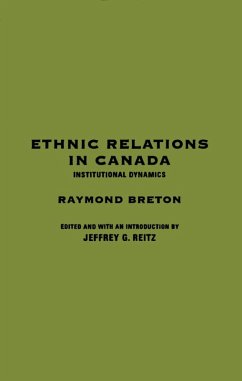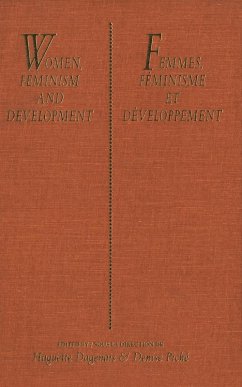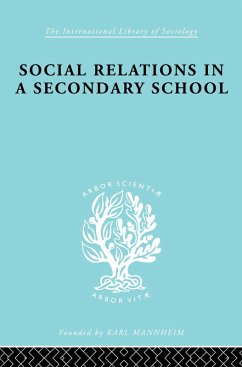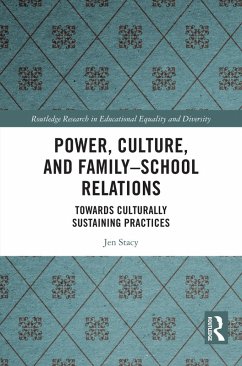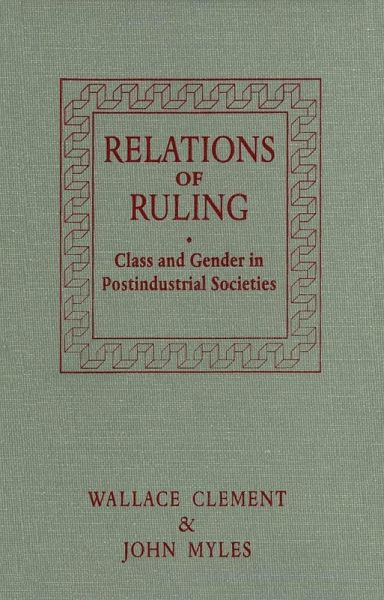
Relations of Ruling (eBook, PDF)
Class and Gender in Postindustrial Societies

PAYBACK Punkte
31 °P sammeln!
For some, the postindustrial world promises a new kind of capitalism that will draw its vitality from an expansion of knowledge and the creative capacities of working men and women. Others have highlighted postindustrialism''s darker side and concluded that it is simply the next stage in the degradation of labour. For some, the massive entry of women into paid labour that accompanies postindustrialism will finally liberate women from domestic patriarchy. For others, it is no more than an extension of private patriarchy into the public sphere. The authors show that historical residues and the c...
For some, the postindustrial world promises a new kind of capitalism that will draw its vitality from an expansion of knowledge and the creative capacities of working men and women. Others have highlighted postindustrialism''s darker side and concluded that it is simply the next stage in the degradation of labour. For some, the massive entry of women into paid labour that accompanies postindustrialism will finally liberate women from domestic patriarchy. For others, it is no more than an extension of private patriarchy into the public sphere. The authors show that historical residues and the contemporary impact of major economic and political factors have produced not one but several postindustrial trajectories. They reveal how postindustrialism has brought a new distribution of productive forces and of effective powers over people, and show that the shape of that distribution varies considerably in different countries and different fields as a result of both institutionalized practices (inherited from industrial capitalism) and the contemporary effects of state policies, organized labour, and the women''s movement. Addressing issues of class and gender, Relations of Ruling deals with problems involved in regulating paid labour as well as the relationship between paid and domestic labour. It will be of particular interest to specialists in gender issues and scholars in women''s, family, and labour studies.
Dieser Download kann aus rechtlichen Gründen nur mit Rechnungsadresse in A, B, BG, CY, CZ, D, DK, EW, E, FIN, F, GR, HR, H, IRL, I, LT, L, LR, M, NL, PL, P, R, S, SLO, SK ausgeliefert werden.




